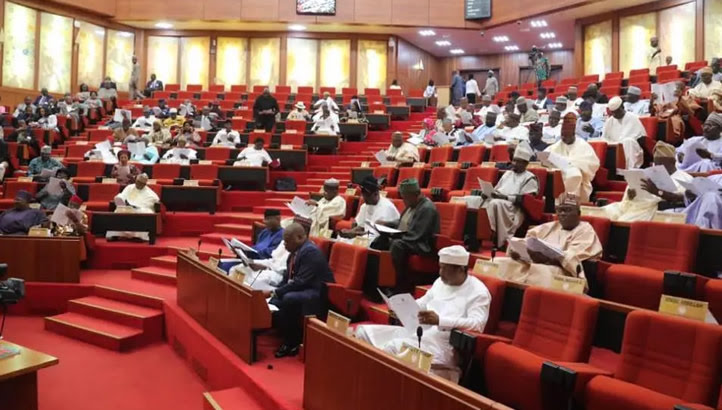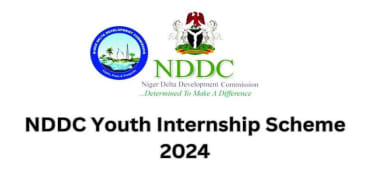Tax Tensions: Northern Senators Clash as Stakeholders Scramble to Save Controversial Reform Bills
Tax Tensions: Northern Senators Clash as Stakeholders Scramble to Save Controversial Reform Bills
By Achimi Muktar
The debate over President Bola Tinubu’s tax reform bills has created a rift among northern senators, with stakeholders stepping in to mediate the growing divide. While some senators demand the withdrawal of the bills for further consultation, others insist on pushing forward with amendments to address contentious areas.
The four bills in question—the Joint Revenue Board of Nigeria (Establishment) Bill, Nigeria Revenue Service (Establishment) Bill, Nigeria Tax Bill, and another revenue-focused bill—aim to overhaul the nation’s tax system. However, they’ve been met with skepticism, particularly from northern lawmakers and governors, who claim the reforms could cripple the region's economy.
A Region Divided
Initially, the majority of northern senators rejected the bills, labeling them as harmful to their region’s economic structure. This sentiment was echoed by Borno State Governor Babagana Zulum, who publicly criticized the proposed reforms, warning of their potential to devastate the North's largely informal and agriculture-driven economy.
Senator Shehu Buba (APC, Bauchi South) and Senator Ali Ndume (APC, Borno) amplified these concerns, stating that northern senators had resolved to recall the bills for further consultation after discussions with their governors. Deputy Senate President Jibrin Barau even directed the Senate Committee on Finance to halt its review of the bills.
However, Senate President Godswill Akpabio overruled this decision, declaring the bills neither withdrawn nor delayed. His stance marked a turning point, as several northern senators began shifting their positions.
Shifting Alliances
Speaking anonymously, some northern lawmakers disclosed that the resistance to the bills was not as widespread as it seemed. “Only a handful of senators oppose the bills. The majority support them but want certain grey areas addressed,” one senator explained.
The primary concern among northern lawmakers lies in the allocation of Value Added Tax (VAT). “The North’s economy, driven by agriculture and informal trade, could suffer under a consumption-based VAT system,” another senator noted. However, they emphasized that collaboration, not withdrawal, was the best way forward.
Stakeholders Step In
Amid the discord, various stakeholders have formed committees to bridge the gap. The League of Northern Democrats (LND), led by former Kano State Governor Ibrahim Shekarau, has convened a technical committee to review the bills. The committee, comprising legal, economic, and legislative experts, aims to identify solutions that benefit all Nigerians.
In a statement, the LND’s spokesman, Ladan Salihu, assured the public that the committee’s findings would be transparent and inclusive. “We are committed to tax reforms that promote equitable economic growth across the country,” he said.
Meanwhile, governors from the North, including Nasarawa State’s Abdullahi Sule and Katsina State’s Dikko Radda, continue to voice their concerns. They argue that the reforms disproportionately favor southern states like Lagos, with its thriving corporate tax base, at the expense of the North’s agrarian economy.
What’s Next?
Despite the controversy, momentum for the bills appears to be building. Senate spokesperson Yemi Adaramodu invited critics to participate in public hearings, stating that their feedback would shape the legislative process.
“We can’t amend bills in isolation. Opponents should present their concerns during the public hearings,” Adaramodu said.
With the president’s intervention and amendments likely on the horizon, northern senators and governors face a critical choice: work within the system to secure concessions or risk alienating their region from the reforms altogether.
As the debate unfolds, one thing is clear—the battle over tax reform is far from over, and the stakes couldn’t be higher for Nigeria’s economic future




















